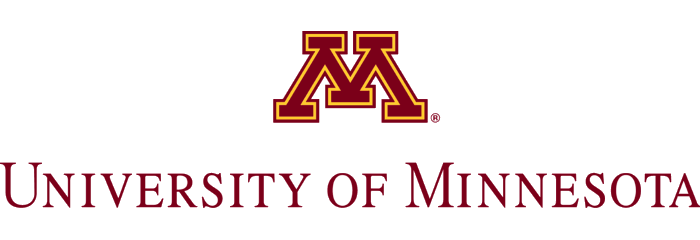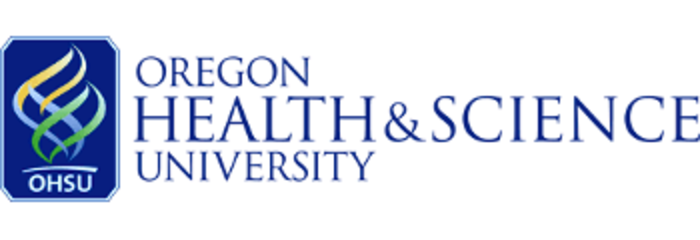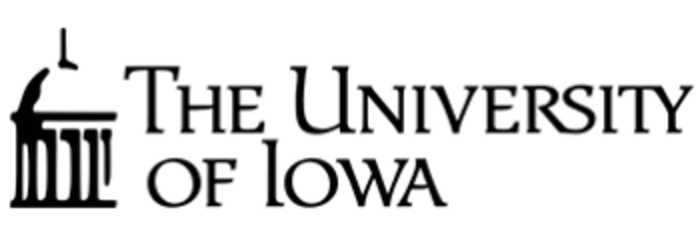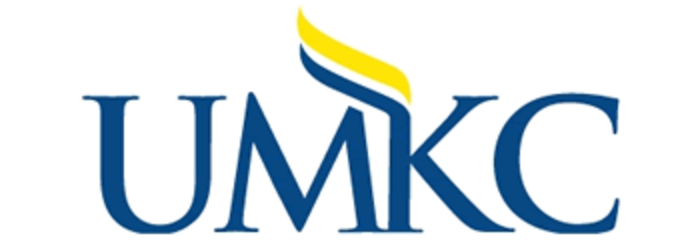
25 Best Dental Schools 2020
The best dental schools in the country can be found on this list. Graduates of these dental schools have median starting salaries of over $100,000, with University of Minnesota-Twin Cities alumni boasting the highest entry-level earnings. Dentists who graduated from Oregon Health & Science University had the second highest salary on the list: a median of $123,800 per year.
Tuition, median salaries, and median debt were reported by the U.S. Department of Education in November 2019. View our methodology for more details about these rankings or read more about the top-ranked schools.
2020 Best Colleges Highlights

Students pursuing a Doctor of Dental Surgery (DDS) at the University of Minnesota’s School of Dentistry will hone their professional techniques in the program’s Dental Simulation Clinic. The lab’s extensive equipment includes mannequins with lifelike dental details, virtual reality technology, and infrared cameras; these resources help track and evaluate simulated procedures. The four-year program covers a curriculum focused on basic sciences, dentistry courses, and behavioral sciences. Admitted students benefit from real-world clinical practice opportunities, student international exchange programs, a diverse faculty, and mentored summer research fellowships.
Beginning coursework in the basic sciences includes neuroanatomy, biochemistry, pathology, and genetics, with some technical dental study starting in the first year. Clinical science commences in the third year where students practice comprehensive patient care. In the final year of study, students will provide care at various outreach sites throughout the Twin Cities community. Students have the unique opportunity to complete a five-year, dual-degree option that combines a Master of Public Health with the DDS requirements. An eight-year PhD track is available as well. Interested applicants are expected to complete the Dental Admission Test (DAT) as well as a 20-hour dental school preparation intensive.

Portland, Oregon, is home to the Oregon Health & Science University’s (OHSU) School of Dentistry. Classes, research, and patient clinics are housed in the Robertson Life Sciences Building, which sits on the Willamette River. Students can take advantage of a network of walking and biking paths to the city center. Graduates from the school will receive a Doctor of Medicine in Dentistry (DMD). Beyond classroom instruction, OHSU dentistry students can pursue community service opportunities and advanced education electives.
Incoming students will complete a six-week summer session, kicking off a 47-month program with fall, winter, spring, and summer quarters. The curriculum focuses on the prevention of common dental diseases as well as on technical skills, diagnostic practice, and treatment planning. The first two years of coursework emphasize the biological sciences. The final two years focus on clinical practice, with available honors clinical electives in implantology, endodontology, orthodontics, behavioral sciences, and more.

The Doctor of Dental Surgery (DDS) program through the University of Iowa’s College of Dentistry is a four-year degree with opportunities in mentored research and diverse community clinics. The College of Dentistry is founded on the core competencies of critical thinking, professionalism, communication skills, health promotion, and patient care. Interested applicants are expected to complete the Dental Admission Test (DAT) as well as pre-dental coursework at the undergraduate level.
Incoming students begin their courses in August and will complete coursework covering basic sciences including anatomy, physiology, and biochemistry. Students will begin dental-specific studies with courses on anesthesia, facial growth and development, and preventative dentistry. Before completing their first year, students will have an opportunity to practice patient treatment situations through the school's advanced simulation resources. Third-year students rotate through seven experiential clinics, each with its own concentration. During the five-week duration of each clinic, students will hone their diagnostic and surgical skills. The final year of study includes a 10-week community dental clinic where students will complete real-work dental procedures in a variety of populations, including geriatric and special-needs patients.

The University of Missouri — Kansas City (UMKC) is home to the comprehensive Doctor of Dental Surgery (DDS) program through the institution’s School of Dentistry. UKMC is affiliated with several nearby hospitals as well as specialized community-based medical facilities. Through these partnerships, students will have the opportunity to practice within a diverse network of clinics and professionals. Interested applicants are expected to complete extensive criteria as well as the Dental Admission Test (DAT). The DDS is a four-year curriculum, totaling 192 credits with eight semesters plus two summer sessions.
The UMKC DDS is founded on several core competencies including legal and ethical principles, communication skills, improving oral health, and self-assessment. Beginning students will focus on classroom basics in preclinical and biomedical coursework. They will quickly begin clinical practice within a faculty-mentored, team-based setting. By the third year, students will work directly with patients for total care ranging from diagnosis to actual procedures. Beyond the real-world clinical experience, third- and fourth-year students have the opportunity to pursue more specialized advanced classes, including pediatrics and oral surgery.

The Indiana University — Purdue University Indianapolis School of Dentistry offers a four-year, 121-course Doctor of Dentistry (DDS) program. Successful students are required to complete 173.5 hours of course credit including experiential coursework within the recently built Fritts Clinical Care Center. Beyond the four-year D.D.S option, interested students can pursue a dual degree with a Master of Public Health or even a Ph.D. in Dental Sciences. D.D.S. students will develop important techniques, including patient assessment, treatment planning, community oral and general health advocacy, dental rules and regulations, and hands-on patient care.
Beyond the traditional classroom experience, IUPUI D.D.S. students have access to diverse service-learning opportunities within the Indianapolis community and around the world, as well as the opportunity to conduct research under a faculty mentor. A robust campus life boasts more than 20 dentistry-related student organizations as well. Applicants will be required to complete the Dental Admission Test (DAT) as well as the CASPer exam, wherein students respond to video and written scenarios to assess their noncognitive skills.